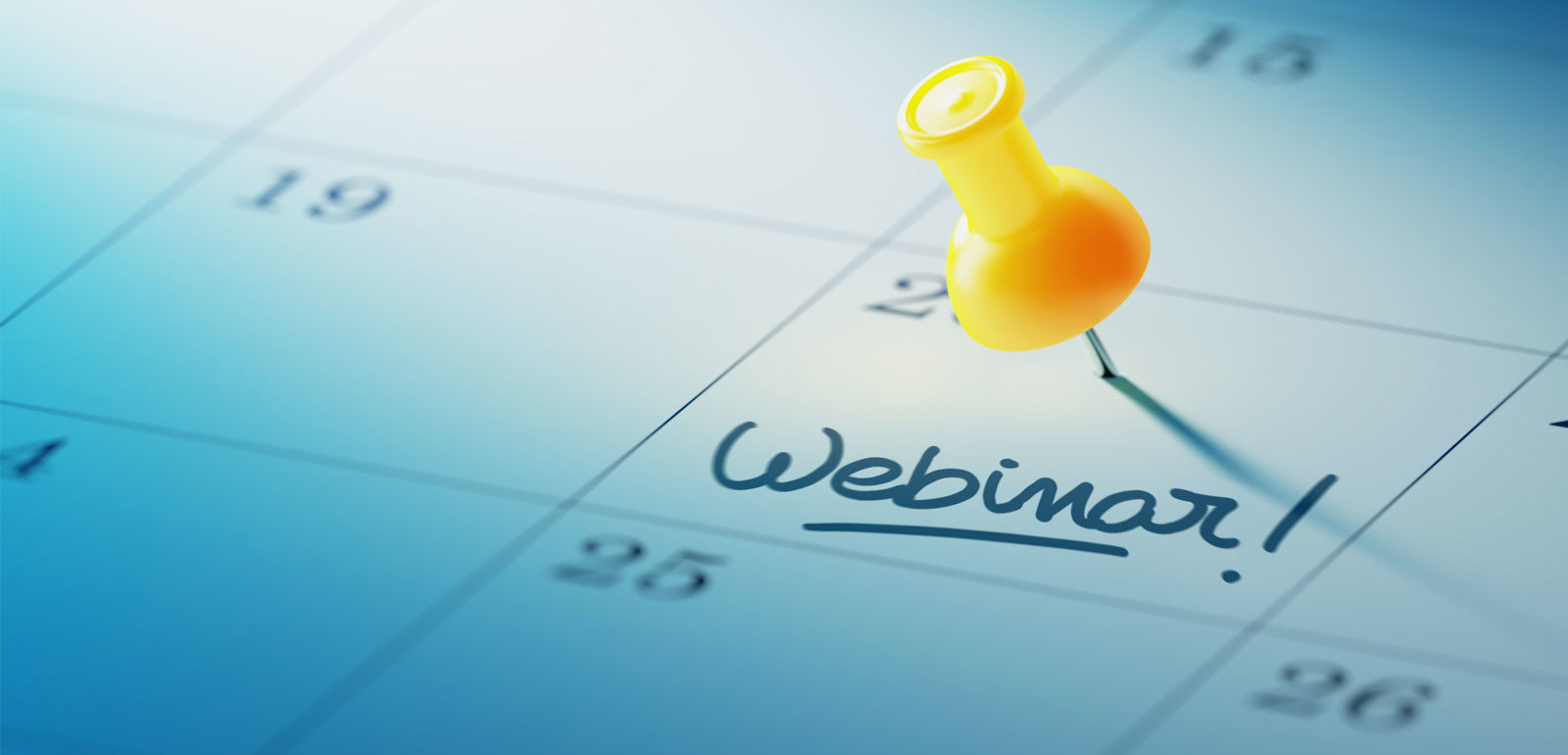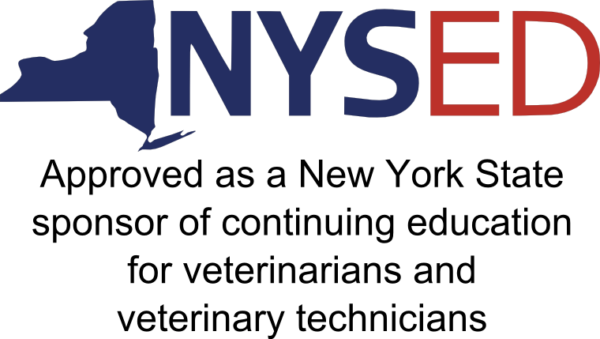ExpiredThe first 24 hours
Live from Jackson Hole online
| July 17th - 19th, 2020

Justine Lee D.V.M.
Diplomate, American College of Veterinary
Emergency & Critical Care
Diplomate, American Board of Toxicology
CEO- Vetgirl
Tim Hackett D.V.M.
Diplomate, American College of Veterinary
Emergency & Critical Care
Professor of Emergency Medicine
Colorado State University
Seminar Schedule:
|
Single day registration available: All times are Mountain time. Eastern is 2 hours ahead, central is 1 hour ahead, pacific is 1 hour behind. Seminars start each day at 7.00am Pacific, 8.00am Mtn, 9.00am Central & 10.00am Eastern Friday (5.5 CE hrs) 8:00-10:30 am Dr. Hackett:
10:30am-1:30pm Dr. Lee:
Saturday (5.5 CE hrs) 8:00am-10:00 am Dr. Hackett:
10:00am-1:30 pm Dr. Lee:
Sunday (5CE hrs) 8:00am -10:30 am Dr. Lee:
10:30 am – 1:00 pm Dr. Hackett:
There will be short breaks every hour or so. |
|
|
|
Seminar Topics:
Dr. Lee:
-
Top 20 poisons affecting dogs and cats
-
Top 5 mistakes to avoid in your poisoned patients
-
Common emergency room procedures you must know
-
Emergency management and treatment of the feline urethral obstruction patient
-
Emergency management and treatment of the gastric dilatation volvulus
-
Top 5 feline procedures you must know
-
OPP: Outpatient parvovirus
Dr. Hackett:
Shock, the basics: Hypovolemia and hemorrhage
This lecture will use a variety of small animal cases to cover fluid therapy in shock. We will manage acute hemorrhage, enteritis with severe dehydration, flea anemia and others. With these cases we’ll review fluid types, basic vascular access and intraosseous techniques. Blood and plasma transfusion basics will also be reviewed
Shock, the challenging: Heart failure, Sepsis and SIRS
Drawing on the basics, this lecture will focus on more complicated circulatory shock. Using two cardiac cases (severe mitral insufficiency with pulmonary edema and a pericardial effusion) we’ll review the pitfalls of fluid therapy with cardiogenic shock while working through other support strategies including diuretics, venodilators, short term ventilation and positive inotropes. We will finish with cases of septic peritonitis and heat stroke to round out the treatment strategies for distributive shock
Systematic Approach to Trauma and Traumatic Coagulopathy This lecture takes practitioners through a logical workup for small animal trauma patients. I stress evaluation of the Airway, Breathing, Cardiovascular system, and neurologic trauma. I give case examples for upper airway trauma, penetrating chest wounds, pulmonary contusions, broken backs, intrathoracic and abdominal trauma. Acidosis, hypothermia, dilution and other mechanisms contribute to bleeding following trauma. Using video case examples, emergency ultrasound findings and patient side bloodwork we will review the causes, implications and treatment of traumatic hemorrhage.
Transfusion Medicine Canine and feline transfusion medicine is reviewed using case examples. I will be discussing the importance of donor screening, in-house blood typing, cross matching, blood product collection, storage, and administration. We will review Using case examples we will review the indications and risk of blood component therapies. In addition to managing blood products, we will review autotransfusion techniques and xenotransfuion.
Respiratory Emergencies
A video/case based discussion covering the emergency approach to the dyspneic pet. We will cover common causes of dyspnea in cats (bronchial asthma, pulmonary edema, and pleural effusion) and dogs (laryngeal paralysis pneumonia, bronchitis, pulmonary edema, and pulmonary thromboembolism).
Managing Envenomations and Antivenon Update
This talk will focus on the diagnosis and management of common snake envenomations. The discussion includes regional differences, common snake species and clinical differences in management. There are new antivenom products competing for use in the treatment of crotaline (viper) snake envenomation and new formulations in development. We will focus on the antivenoms available for use against pit vipers in North America
Seminar Speakers
-
 Justine Lee D.V.M.
Diplomate, American College of Veterinary
Emergency & Critical Care
Diplomate, American Board of Toxicology
Medical Director- Vetgirl
Justine Lee D.V.M.
Diplomate, American College of Veterinary
Emergency & Critical Care
Diplomate, American Board of Toxicology
Medical Director- Vetgirl
-
 Tim Hackett D.V.M.
Diplomate, American College of Veterinary
Emergency & Critical Care
Professor of Emergency & Critical Care Medicine
Chair, Dept. of Clinical Sciences
Cornell University
Tim Hackett D.V.M.
Diplomate, American College of Veterinary
Emergency & Critical Care
Professor of Emergency & Critical Care Medicine
Chair, Dept. of Clinical Sciences
Cornell University
CE Hours
This program has been approved for a total of 16 hours of continuing education credit in jurisdictions, which recognize AAVSB’s RACE approval; however, participants should be aware that some boards have limitations on the number of hours accepted in certain categories and /or restrictions on certain methods of delivery of continuing education. Call IVS at 800-487-5650 for further information.

Registration Fees:
After registering: your PAYMENT NOTIFICATION E-MAIL will contain a Zoom link for you to pre-register for each webinar. You need to do this prior to each webinar, so that you get a personalized link to the actual webinar.
Veterinarians: IVS attendees who currently have an FTC (Future transfer Credit) from a previously cancelled seminar:
- Please do not use the online registration as you will be charged again. You cannot use the credit thru this online registration.
- Please e-mail with your request (include name of registrant and which seminar you were originally scheduled to attend) for registration – We will register you and deduct this amount from your credit.
E-mail your request to: ivsceonline@gmail.com
Already registered for 3 previous live IVS online courses: 30% discount- please add this promo code during checkout: after3discount
Registration Includes:
- up to 16 CE hours. Friday and Saturday are 5.5 CE hours each day. Sunday is 5 CE hours.
- access to online course notes
- certificate of attendance available online
After registering: your PAYMENT NOTIFICATION E-MAIL will contain a Zoom link for you to pre-register for each webinar. You need to do this prior to each webinar, so that you get a personalized link to the actual webinar.
Seminar Registration:
Add to Calendar
-
Jackson Friday
test 1
July 17, 2020
8:00 am - 2:00 pm -
Jackson Saturday
Saturday webinar...Saturday webinar...Register in advance for this webinar: https://us02web.zoom.us/webinar/register/WN_ffVXVGA5RnSBN9jIc_WzjA
July 18, 2020
8:00 am - 2:00 pm -
Jackson sunday
test 3
July 19, 2020
8:00 am - 2:00 pm
Register online
Online registration is easy and fast.
But please confirm your hotel reservations prior to completing your registration or booking flights. Many Hotels are selling out many months ahead of our seminars. If you need to book a hotel room, click the link to the online hotel registration page. If none is available for your selected seminar, please fill out our hotel request form or contact our office at 800-487-5650. Please note that hotel rooms are not confirmed until you receive confirmation from the hotel (if you booked online thru our group link) or from our office for hotels that do not offer the online link.
IVS is now required by AAVSB RACE to upload your completed attendance into their “RACEtrack” system. Your state of license and your license number are required for all seminars starting in January 2022. More information is available at https://www.aavsb.org/ce-
Questions?
For regular seminars: ivseminars@yahoo.com
Accommodation Registration
Reserving Rooms
We reserve rooms starting the day prior to the seminar and ending on the last seminar day. However, if you need additional days, we will work with the hotel to accommodate your request based on availability.
Getting Confirmation
After you submit this hotel request form, you will receive an e-mail confirmation of your request for the hotel accommodations. Please note that this does not confirm your hotel accommodations.
After processing the request, our office will e-mail you an actual hotel confirmation letter which will confirm your stay with the hotel. You are not confirmed until you receive this hotel confirmation. Please check the details when you receive this confirmation.
Please note: At this time, we are not able to accept credit card details online. As all hotels require a valid credit card to guarantee your room, after submitting the hotel request form, please call our office at 1 (800) 487-5650 Monday-Friday 9:00am-5:00pm (pacific) to provide the card number. Your Hotel Confirmation will be emailed to you after your room is guaranteed.
